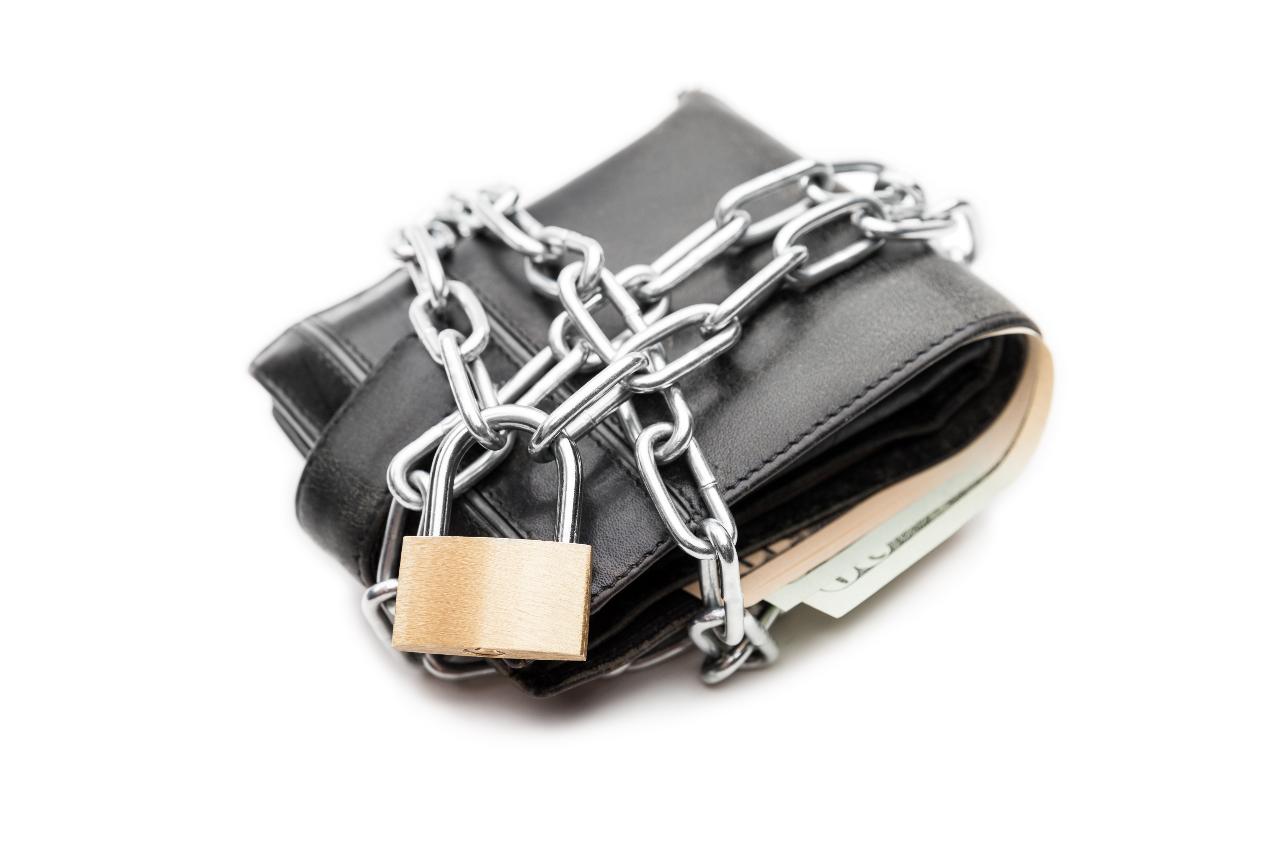

One of the most basic concerns when travelling abroad is how to carry money. How much will you need, where can you get access, and how much local currency should you take? So many questions—but here are all the answers!
Bank debit card
Your bank debit card is arguably the best way to access cash abroad. However, it should be noted that most banks charge a withdrawal fee of around £2.50, or 2-3% of the withdrawal amount, every time you use your card.
But fear not! Some banks and building societies offer accounts that allow you to withdraw cash overseas without being charged – kind of. Some accounts are totally fee, other banks charge a small monthly fee of around £10, but you’re still likely to make a saving.
These kinds of bank offers change regularly, but here is a recent rundown of great debit cards to consider.
Prepaid card
An alternative to your bank card could be a pre-paid card from the Post Office or any of several other financial institutions and phone companies. The only difference between bank cards and prepaid cards is you need to load cash on them before you leave the UK so is ideal for the budget-conscious short-term traveller. There is also a registration fee and a service charge of 50p-£2 or 3% on each withdrawal.
For a limited time, travel company Thomson is running a promotion that could help you earn £20 with their new Multi-Currency Card. For a few more cards that might work for you—and help you from going over your holiday budget—check out this list.
How much money to take
Given the convenience of overseas cash machines there is no need to carry swathes of cash about your person. However, it is still a good idea to have £100-£200 in local currency before you travel.
Exchanging currency
For extra security, you could also opt to carry some cash in sterling, but this isn’t usually necessary. If you choose to, however, exchanging you own currency for local currency is another option and sometimes pays dividends, but is usually more expensive at airports and in banks. Travellers’ cheques are going the way of the dodo, though, and some countries have stopped accepting them so are not a good idea.
How to carry cash safely
Pickpocketing and petty theft can be a problem wherever you are, whether you are travelling in a foreign country or at home. There’s no need to be overly worried about theft when you’re travelling, so long as you take a few basic precautions with your cash.
The front pocket of your trousers is generally a safe place to store bills, or alternatively in a money wallet wrapped around your waist. If you choose to go for a waist wallet, though, don’t make a basic error and overfill it – these devices are meant to be kept slim and tucked under your waistband, rather than displayed over your clothing like a bum bag. It’s for this reason that neck-strap wallets aren’t recommended; even when empty, they show a noticeable lump under a shirtfront.
One of the oldest tips is also one of the best—make sure not to keep all your cash in one place. Spread it out a bit, keeping some in your suitcase, some in a separate handbag, some in your wallet, and perhaps even some with a travelling companion. That way, you won’t ever lose all your cash stores at once. It’s also a good idea to do the same with your bank and credit cards.



